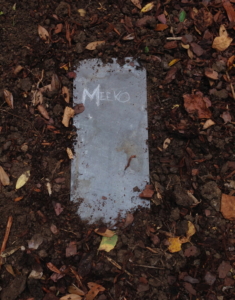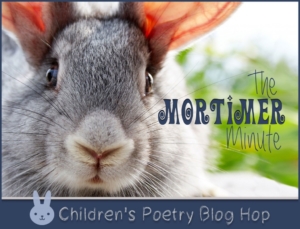
Billy Collins at D.G. Wills Books, San Diego, on Oct. 20, 2008.
(Wikimedia Commons)
Billy Collins was a guest on the Diane Rehm show this week. It was, as always, a pleasure to hear his voice reading his poems and talking about poetry and life. The show also includes a very cute 3 year-old reciting one of Collins’ poems and a great idea for a dinner party.
Collins did say one thing I took exception to. He said he didn’t think you could teach the rhythm of language or metaphor.
Maybe you can’t teach the rhythm of language in an afternoon or even a semester, but what about over the course of many years? I think I learned about rhythm of language from taking my three kids to early childhood music classes over many, many years. I think I learned about the rhythm of language from reading them picture books and poetry over years and years. I also think I learned and relearn it from walking and feeling the rhythm in my body as I walk.
Metaphor too, I think can be taught. Maybe you can’t teach someone to be a genius, but surely you can help a writer move ahead from where they are. I think the first step is to teach writers to be alert to and reject the cliché. Encourage them to push on and find a new, fresh comparison. I find it helpful to make long lists of possible metaphors. The cliché’s seem to fill the beginning of the list, but then once I’ve gotten them out on paper, other ideas seem to come—brighter, fresher ideas.
Here’s a quick example, using perhaps the most clichéd object around.
Possible metaphors for the moon
A cookie
A cake
A bowl of milk
A cracker
A plate
A face
A bunny
A spoon
A medal
A coin
A balloon
A mirror
A marble
A ball
A baseball
A soccer ball
A saucer
A raindrop
A tear
An eye
A belly button
A button
I don’t think my ideas start to get interesting until pretty far down the list.
Here’s a quick draft, using tear.
Moonfall
The moon
slips down
the cheek
of night
drawing
sorrows
through
the dark.
There’s no time now but I think a second stanza about the sun might work.
What do you think? Can we teach the rhythm of language? Can we teach metaphor?
Would you like to give the list strategy a try and report back?
For more Poetry Friday, visit Irene Latham at Live Your Poem…
(c) Elizabeth Steinglass, 2013, all rights reserved





